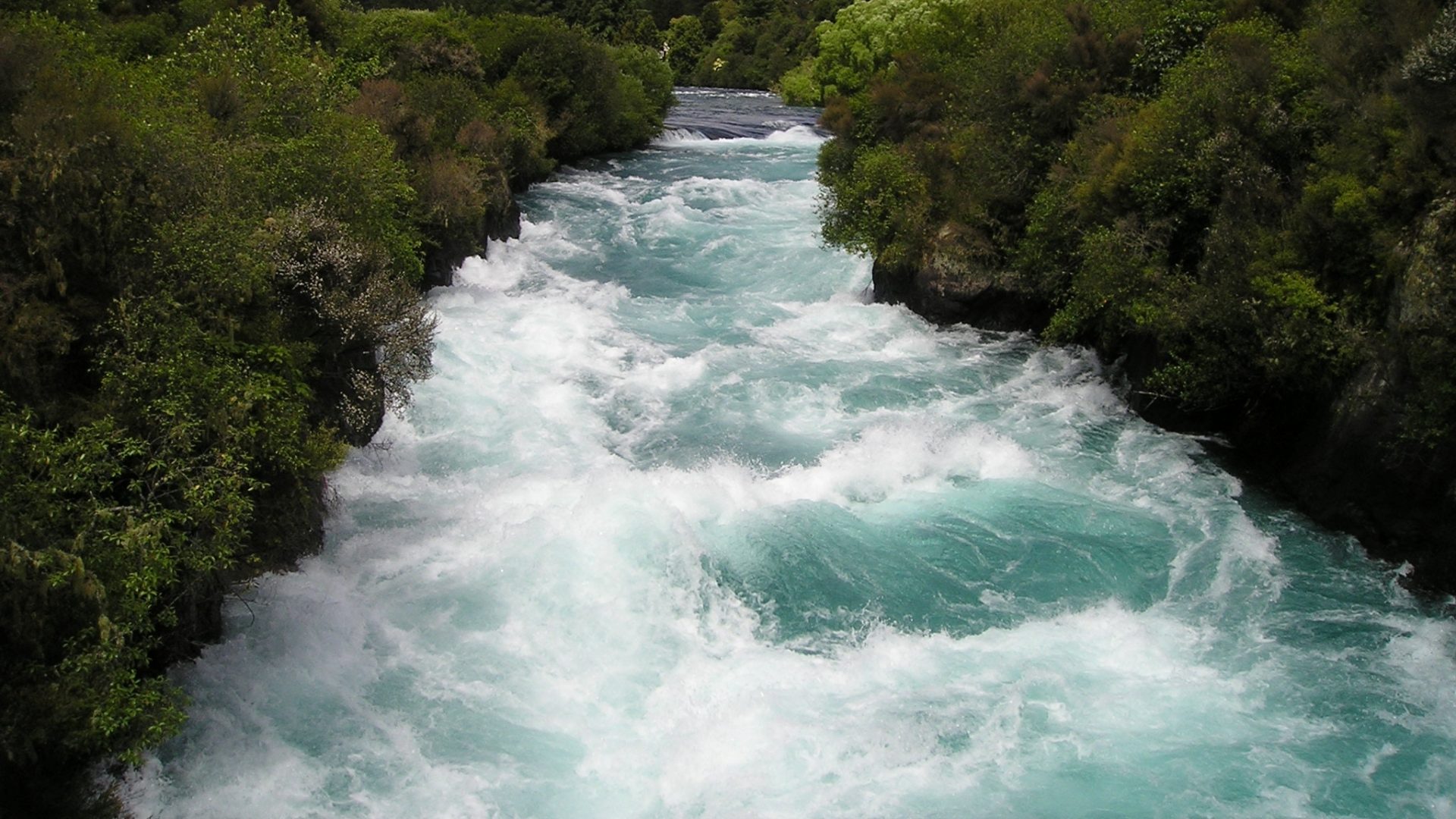Innovative projects to restore and rewet peatlands, create green urban spaces and improve flood resilience are among 50 schemes to benefit from the final round of a pioneering fund to drive private investment in nature and tackle climate change.
The second round of the Natural Environment Investment Readiness Fund (NEIRF), announced today (31 May) by Defra and the Environment Agency, will provide grants of up to £100,000 to environmental groups, local authorities, businesses and other organisations to help them develop nature projects to a point where they can attract private investment.
The funding will help to develop projects so they can demonstrate a return on that investment by capturing the value of carbon, water quality, biodiversity and other benefits provided by natural assets such as woodlands, peatlands and rivers – with revenue generated through the sale of carbon storage, improvements in biodiversity, natural flood management benefits and reduced water treatment costs.
Examples of projects receiving funding in round two include:
Rewetting lowland peat near Doncaster to grow plant fibre material to use as padding for clothes. This project will attract investors by showing how revenue can be generated from the sale of biodiversity credits and carbon units, as a means of compensating for biodiversity loss and carbon emissions, as well as through the creation of sustainable textiles.
Habitat enhancement, such as tree planting, brownfield land regeneration and nature recovery, to address ecological and environmental degradation in the Liverpool City Region with revenue generated through selling biodiversity units to housing developers that need to compensate and provide a net gain for any biodiversity loss resulting from the development.
Exploring the potential for new natural surface water drainage schemes in Plymouth to unlock development by reducing flood risk, improving water management and climate resilience, aiming to attract investment from beneficiaries such as water companies and developers.
Developing a pilot seagrass carbon code to attract investment in seagrass beds as a carbon sink and biodiversity-rich habitat to facilitate agreements for the sale of carbon units.
Transforming the Great Fen in Cambridgeshire by restoring peatlands and generating carbon income through the Peatland Code – used to assess the amount of carbon stored by different activities.



